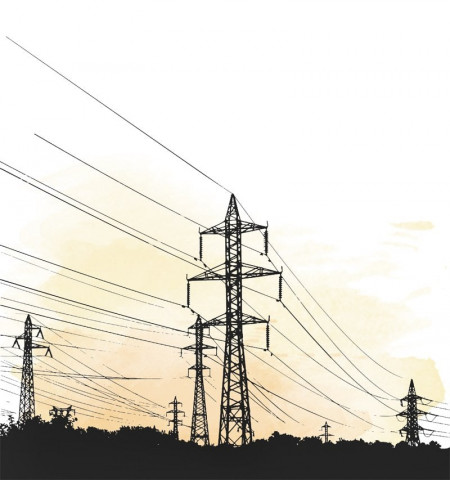NSS rates of return revised
Changes take effect from Oct 30

The federal government has revised the return rates on a variety of national savings schemes, effective from October 30.
In the wake of the revision, the savings account (SA) rates have logged an upliftment of 100 basis points, rising from 19.5% to 20.5%.
The newly announced rates also record a three-year compound interest rate increase to 19% for unique savings certificates and accounts. However, the special savings certificates (SSC) will now yield a reduced 18%, marking a decline of 20 basis points.
The return rate on regular income certificates has also shown an increase, experiencing a leap of 96 basis points to a new rate of 16.08%. Savings accounts have also witnessed a 1% increase, now standing at 20.50%.
In sync with this, the return rate on Service Islamic Savings Accounts has also been bumped up to 20.50%.
Moreover, short-term savings certificates (STSC) saw their returns rise to 21.8% from the previous 20.8%.
The Bahbood Savings Certificates (BSC) and Pensioners Benefit Account (PBA) rates experienced a marginal decrease, dropping to 16.3% from their previous standing at 16.6%.
Simultaneously, the rate of return on one-year defence savings certificates stands at 12%, two-year returns are slated at 25%, and three-year certificate returns stand at 40%.
Seven-year defence savings certificates expect a significant profit rate of 150%, eight-year certificates hold a return rate of 190%, eleven-year certificates foresee a return rate of 235%, and twelve-year certificate returns are at 286%.
The changes in these rates came in the aftermath when the Monetary Policy Committee (MPC) of the State Bank of Pakistan (SBP) chose to maintain its key interest rate at a steady 22%.
The committee highlighted the rise in headline inflation in September 2023, according to the anticipated trajectory.
However, the MPC forecasts a significant decline following October and expects a sustained downward trend in the second half of this fiscal year.



















COMMENTS
Comments are moderated and generally will be posted if they are on-topic and not abusive.
For more information, please see our Comments FAQ